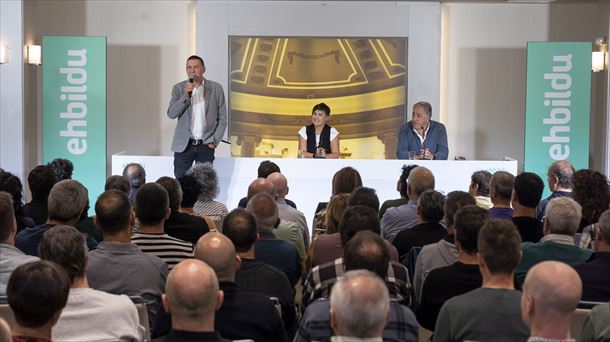Federal and state governments agreed Friday on a new 15a agreement on childcare. The nine state governors signed a new document at the state governor’s conference in Bregenz in the morning, which had been negotiated until Thursday. Over the next five years, 200 million euros will go to primary education. Minister of the Family Susanne Raab (ÖVP) spoke of a milestone in women’s and family policy.
The main features of the agreement were already known on the eve of the conference. An agreement was therefore “urgent” because the current arrangement expires at the end of August. Recently, the federal states had received 125 million (2018/19) and 142.5 million (2019/20 and 2021/22) from the federal government. The funds, which will go to the federal states until 2027, are intended for the compulsory nursery year, expansion of the offer and language support.
Countries can now handle money more flexibly
In addition, the federal states can use this money more flexibly than before. For the mandatory year, 80 million euros per year will be set aside (previously 70 million euros per year), the remaining 120 million euros will be co-financed by the federal and state governments. About half of this will be used to expand the range of services, especially for children under the age of three, and about a fifth for early language learning. Of this, 30 percent (previously ten percent) must be flexible in the two areas.
“It was clear and important that we need a follow-up agreement,” said Vorarlberg Governor Markus Wallner (ÖVP), the current chairman of the state governors’ conference. The solution reached will have a special impact on the compatibility of family and career. This was underlined by Minister of the Family Raab. “We need to get into the area and have freedom of choice,” she emphasized.
For example, the financing of institutions depends on the flexibility of opening hours (45 hours or more per week; a minimum of 47 weeks per year), according to the minister. The childcare rate for children under the age of three is 29.9 percent and the goal is to improve this value. Early language support is also important in view of the 70,000 refugees from Ukraine, Raab said.
Raab “regrets” the end of the headscarf ban
The 15a agreement no longer includes the obligation of states to ban headscarves in kindergartens. Raab regretted a similar ruling by the Constitutional Court, but argued that a headscarf ban in primary schools would be illegal. “I think it’s fundamentally wrong for four- and five-year-olds to wear a headscarf. But we live under the rule of law,” says Raab.
The minister did not want to criticize the fact that of the originally requested “billion children” per year “only” 200 million euros remains. More money is being invested in primary education “than ever before,” she explains.
Source: Krone
I’m an experienced news author and editor based in New York City. I specialize in covering healthcare news stories for Today Times Live, helping to keep readers informed on the latest developments related to the industry. I have a deep understanding of medical topics, including emerging treatments and drugs, the changing laws that regulate healthcare providers, and other matters that affect public health.



